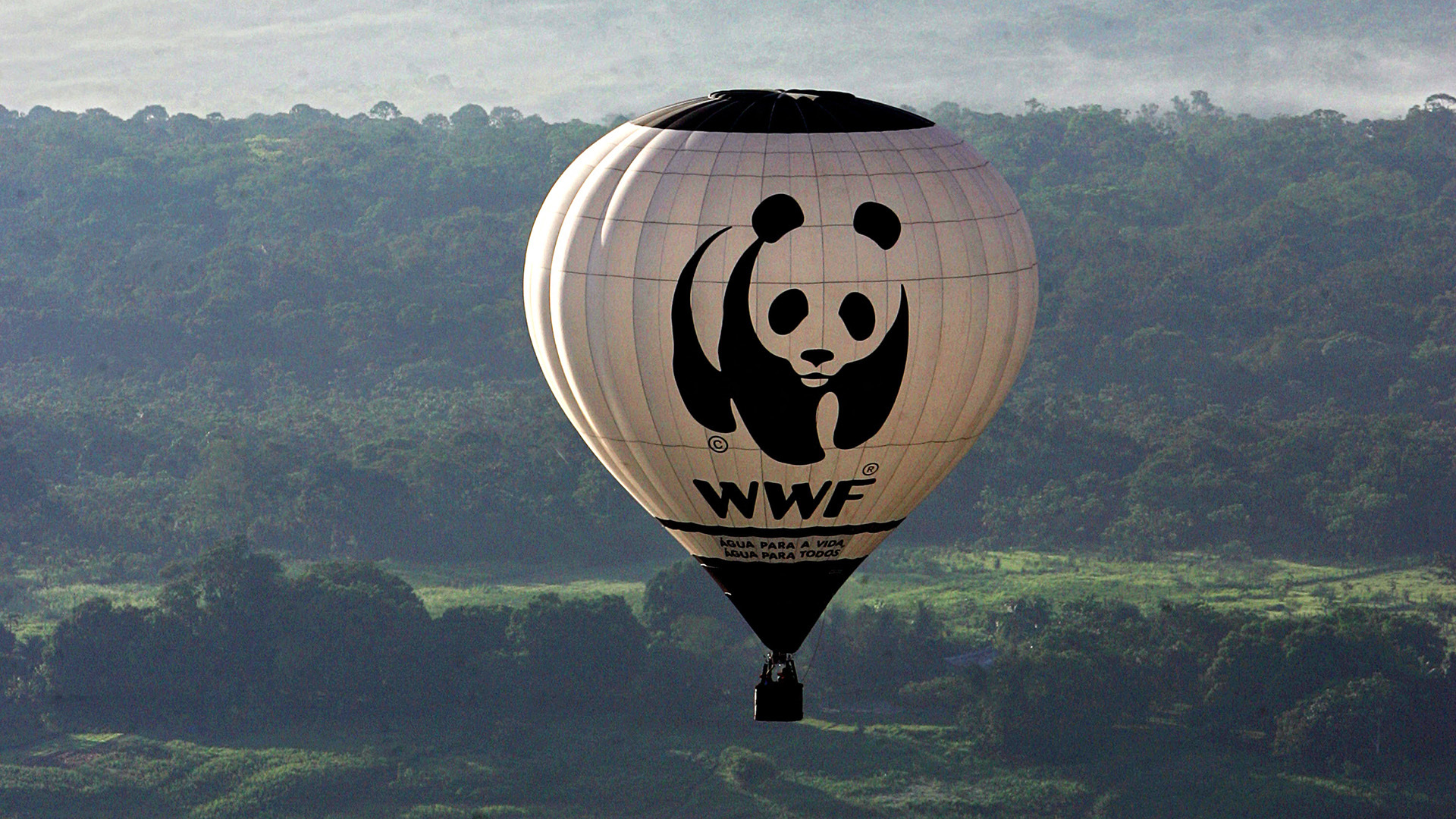
A NEW REPORT FROM THE WORLD WILDLIFE FUND SAYS OUR PLANET IS EXPERIENCING A CATASTROPHIC LOSS IN BIODIVERSITY.
BUT SOME EXPERTS ARE QUESTIONING THE FINDINGS , AND SAY THE CRISIS ISN’T AS SEVERE AS THE W-W-F ASSERTS.
THE ENVIRONMENTAL GROUP’S 20-24 LIVING PLANET REPORT CLAIMS THAT WILDLIFE POPULATIONS ACROSS THE GLOBE HAVE SEEN AN AVERAGE DECLINE OF 73 PERCENT OVER THE PAST 50 YEARS.
WITH THE STEEPEST LOSSES RECORDED IN LATIN AMERICA AND THE CARIBBEAN, WHERE POPULATIONS HAVE PLUMMETED BY 95 PERCENT.
THE REPORT, WHICH TRACKS NEARLY 35,000 VERTEBRATE SPECIES, WARNS THAT MANY ECOSYSTEMS ARE APPROACHING DANGEROUS TIPPING POINTS.
HOWEVER, SOME RESEARCHERS HAVE REFERRED TO THE STUDY’S FINDINGS AS MISLEADING.
THEY DON’T DISPUTE THAT THE WORLD’S WILDLIFE POPULATIONS ARE INDEED SEEING ACCELERATED EXTINCTION RATES-
JUST NOT AT THE PACE CLAIMED BY THE W-W-F.
A TEAM AT THE CENTER FOR THEORETICAL STUDY IN THE CZECH REPUBLIC BELIEVES THE REPORT RELIES ON FLAWED CALCULATIONS TO ARRIVE AT ITS CONCLUSIONS.
THEY SAY THESE FLAWS BIAS THE INDEX IN A WAY THAT MAKES THE LOSS OF MANY ANIMAL SPECIES APPEAR TO BE MUCH MORE RAPID THAN THEY TRULY ARE.
ONE EXPERT RAISED CONCERNS ABOUT LEADING ENVIRONMENTALISTS EXAGGERATING WILDLIFE DECLINES IN THIS FASHION.
SAYING TO VOX IT COULD ULTIMATELY ERODE TRUST AMONG THE PUBLIC, MAKING ACTION ON WHAT IS STILL A REAL PROBLEM EVEN HARDER TO ACHIEVE.
JACK AYLMER – STRAIGHT ARROW NEWS.











